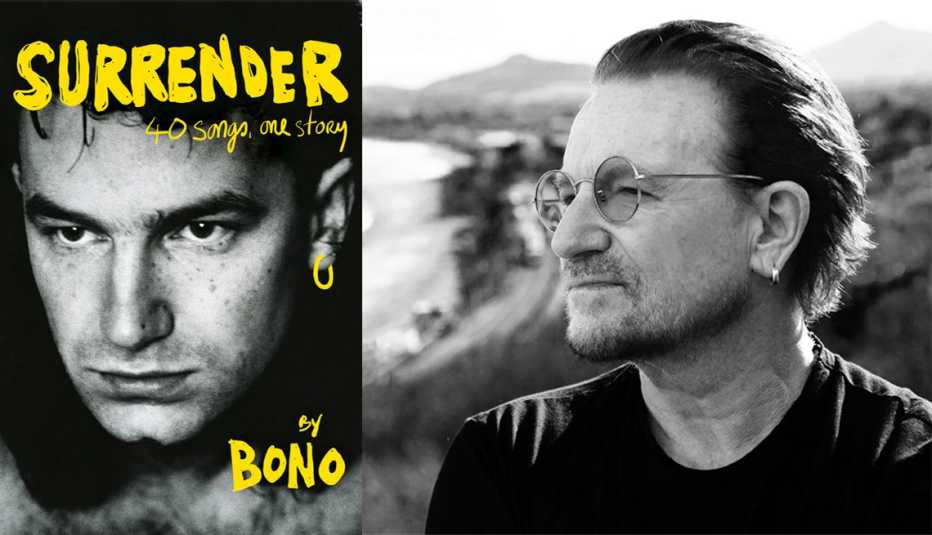AARP Hearing Center
Michelle Obama’s new book, The Light We Carry: Overcoming in Uncertain Times, is less a memoir — like her 2018 hit, Becoming — than an inspirational guide. Describing the emotional “tools” she uses to steady herself in the face of challenges and offering personal anecdotes to bolster her advice, she encourages readers to tap their courage, creativity and conviction in service of their own well-being and our collective good.
“One light feeds another,” Obama writes. “One strong family lends strength to more. One engaged community can ignite those around it. This is the power of the light we carry.”
The author, who has begun a monthlong book-promotion tour featuring some high-profile moderators (Conan O’Brien and David Letterman among them) recently spoke with AARP by phone. This conversation has been edited and condensed.
Now you’re back in the public eye with your second book. How did you restore yourself and get game ready to do this all over again?
I don’t know that I am game ready. We’re going to see. But look, I’m coming out of the same place as most people around not just the country but the world. The past two years have been draining in [unimaginable] ways. We’ve been faced with COVID and quarantined from each other. We’ve seen unprecedented levels of division in our politics. We’ve seen protest [against] injustice and for fair criminal justice process. We’ve seen an insurrection at our nation’s capitol. And all of that has left me, as it has everyone else, a bit shaken.
I had to find a way to unravel the racing thoughts. This book is my offering, and we’ll see. My hope is that it does start a conversation about how we settle ourselves in inevitable uncertainty. We live in a complex world. There’s a lot that we cannot control. But we have to learn to adapt. We’ve got to keep our mental health in order through the flux. How do we do that? I’m still trying to get my mind right.
You suggest that age has brought wisdom.
The older I get, the more patience I have with [life’s] ups and downs, because you start seeing patterns. You’re realizing that we’re not in control and that, sometimes, we just have to settle into the uncertainty. That doesn’t mean being complacent. It doesn’t mean accepting injustices. But with maturity, you’re able to put things into context.
You also share about your dad, Fraser C. Robinson III. You recall watching him use a tool and what that taught you about being different and adapting. Would you like to speak about that?
I open with the story of my father’s cane. He had, as I call it, visibility from within, in spite of all of his challenges: his physical challenge [multiple sclerosis]; the fact that he was a Black man without a college degree in a world that would look down upon a working-class man who walked with crutches. He was able to turn his differences, to use his tools, to be more visible than anybody I’ve known.







































































